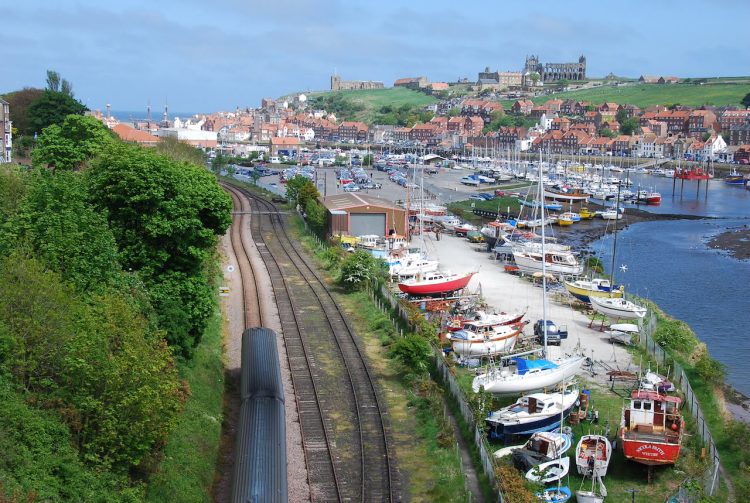Data scientists have shown train operator Northern that each year thousands of litres of diesel could be saved by drivers making small adjustments to how they drive trains.
Northern, in partnership with Chrome Angel Solutions, auticon, Smart Rail Services, and fleet leasing company Angel Trains, has developed a model that calculates the optimum speed and braking patterns for its trains.
The results of the calculations are then used to show train drivers how to adjust their driving styles to use less fuel, while still maintaining timekeeping.

An early test between Middlesbrough and Whitby in North Yorkshire calculated a potential for saving 7% in fuel as well as an equal reduction in CO2 emissions.
Although there will be variations in fuel savings across its network, with an annual fuel bill of approximately £50m the implications for cost savings are potentially huge.
Practical tests to find how much fuel and CO2 emissions are saved are now planned by Northern on the following six routes in North East England:
- Darlington in County Durham to Bishop Auckland in County Durham and Saltburn in North Yorkshire.
- Newcastle in Tyne & Wear to Hexham in Northumberland and Whitby in North Yorkshire.
- Nunthorpe to Kildale in North Yorkshire.
- Seaham in County Durham to Middlesbrough in North Yorkshire.

It was in August 2023 when Northern first announced it planned to investigate the most fuel-efficient ways to drive its fleet of diesel trains.
Of the technology companies taking part in the trials, Chrome Angel Solutions specialises in implementing transformational technology for the railways and Auticon is an award-winning social innovation company that provides career opportunities for the autistic community, which is in line with Northern’s dedication to raising awareness about neuro-inclusion and diversity in the workplace.
Funding for the trial has come from the Northern Innovation Fund and the Department for Transport as part of the Local Transport Decarbonisation strand of the Transport Research and Innovation Grants (TRIG) programme, which is delivered by Connected Places Catapult.

“Along with the rest of the UK rail industry, Northern is working towards phasing out diesel-only trains by 2040.
Rob Warnes, strategic development director at Northern, said:
“However, with only 25% of our network electrified, diesel trains remain integral to our operation and, as such, we want to make sure we operate them in the most fuel-efficient way.
“This has been a fascinating, year-long project and it’s great to see the proof on concept realised so that we can now expand trials and build the case for implementation.”






Responses
Try switching off the engine when in the station instead of idling for 5 or 6 minutes cars have stop start why not trains
Great news. But savings won’t be passed to customers and is likely pointless in light of the continual staff shortages, signal failures, and cancellations.
This technology has been around for years in the commercial transport sector – a league table for drivers is fairly common – fuel efficient driving is one of the driver CPC modules
What was the cost in terms of money and fuel in figuring it out? More than the projected savings as usual I suspect.
The route through Woodhead was electrified years ago then they ripped the lines up why did they do that?
DC when rest of country was going AC. Coal traffic was dying, relatively little passenger traffic back then. Stone and cement traffic out of the Peak District was seen as longer term business. One passenger train an hour was enough in those days.
Today Manchester is the most booked destination from Sheffield with 3 trains an hour. Benefits of hindsight!.
Give over about the Woodhead. Its gone….move on